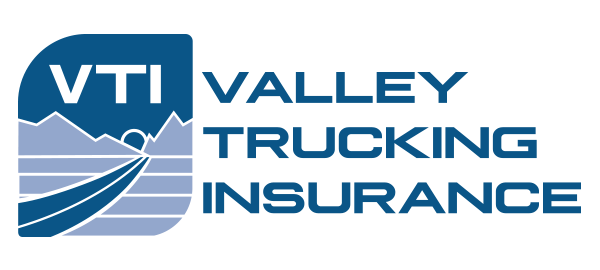
THANK YOU!
Introduction: The trucking industry serves as the backbone of the American economy, with trucking companies playing a crucial role in ensuring the timely delivery of goods across the country. As a trucking company owner, understanding the intricacies of trucking insurance is pivotal to safeguarding your assets, drivers, and the future of your business. This comprehensive guide demystifies trucking insurance, helping you navigate its complexities with ease.
Understanding Trucking Insurance:
- What is Trucking Insurance? Trucking insurance is a specialized type of commercial insurance designed to cater to the unique risks faced by trucking companies. It encompasses a range of coverages, from liability and cargo insurance to physical damage coverage, ensuring comprehensive protection for your fleet, drivers, and the goods you transport.
- Key Coverages in Trucking Insurance:
- Liability Insurance: This is the foundation of any trucking insurance policy. It covers damages and injuries your trucks might cause to other vehicles or property.
- Physical Damage Coverage: Protects your trucks from damage due to accidents, theft, or other perils.
- Cargo Insurance: Ensures the goods you’re hauling are covered in case of damage or loss during transit.
- Non-Trucking Liability: Offers protection when your trucks are used for non-business purposes.
- Additional Coverages:
- Trailer Interchange: Essential if you’re pulling trailers owned by others.
- Reefer Breakdown: Covers losses related to the breakdown of refrigeration equipment.
- Workers’ Compensation: For injuries or illnesses your employees might sustain on the job.
Choosing the Right Policy for Your Trucking Company:
- Assess Your Needs: Every trucking company has unique insurance needs. Consider factors like your fleet size, the nature of goods transported, and the geographical areas you cover.
- Work with a Specialized Agent: A knowledgeable agent who understands the trucking industry can guide you in selecting the right coverages.
- Risk Management Strategies: Implementing safety programs and regular maintenance can lower insurance costs.
Understanding Premiums and Claims:
- How Premiums are Calculated: Factors influencing premiums include your company’s safety record, the type of cargo hauled, and the experience of your drivers.
- Filing a Claim: Timely and accurate claim filing is crucial. Maintain detailed records and report incidents immediately to your insurer.
Regulatory Considerations and Compliance:
- FMCSA Regulations: Stay compliant with Federal Motor Carrier Safety Administration regulations, including maintaining minimum levels of insurance.
- State Requirements: Insurance requirements can vary by state. Ensure your policy meets the specific requirements of the states you operate in.
Conclusion: Trucking insurance is not just a regulatory requirement; it’s a vital component of your business’s risk management strategy. By understanding the different aspects of trucking insurance and choosing the right coverages, you can protect your business from unforeseen events and ensure its long-term success.
Navigating trucking insurance can be complex, but you don’t have to do it alone. Contact Valley Trucking Insurance for expert guidance and tailored insurance solutions that keep your fleet moving safely and efficiently.
